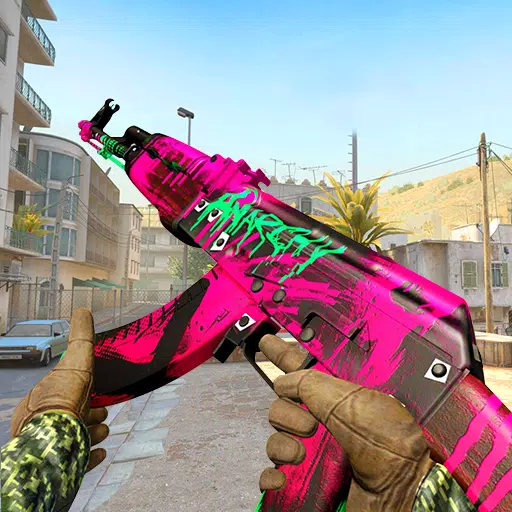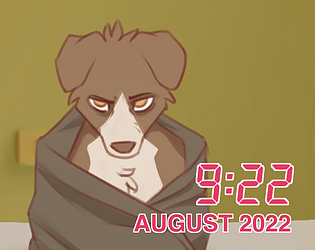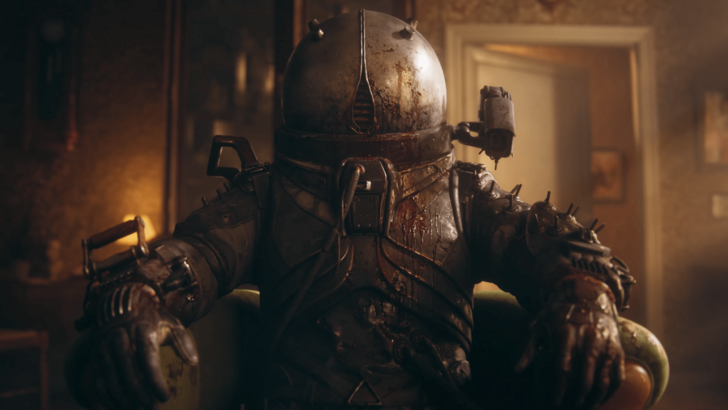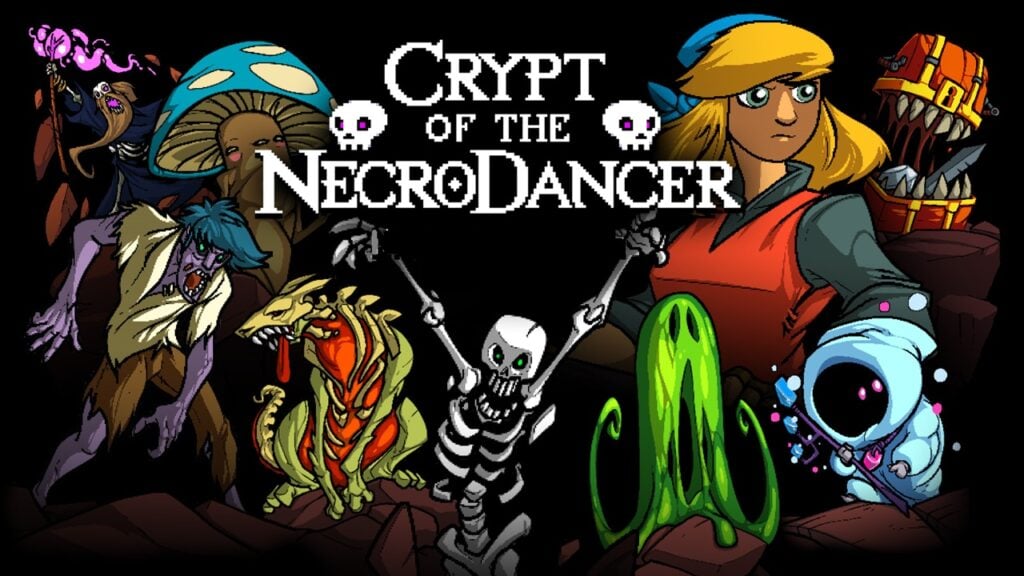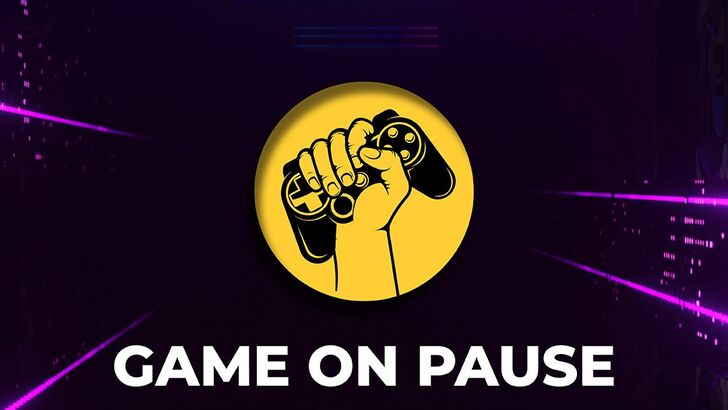
SAG-AFTRA's potential strike against major video game companies throws the gaming industry into uncertainty. The union's unanimous vote authorizes a strike impacting all Interactive Media Agreement (IMA) services, driven primarily by concerns over AI's use in voice acting and performance capture.
The union's press release highlights the critical need for AI protections for performers, emphasizing the overwhelming member support (over 98%) for strike authorization if a satisfactory agreement isn't reached. Negotiator Duncan Crabtree-Ireland stressed the union's unwavering resolve, particularly regarding AI-related provisions.
Key contentious issues include the unregulated use of AI to replicate voice performances, with actors seeking fair compensation and clear guidelines for AI usage of their likenesses. Beyond AI, the union is pushing for wage increases reflecting inflation (11% retroactively and 4% annually), improved on-set safety measures (including mandated rest periods, on-site medics, vocal stress protections, and eliminating stunt requirements in self-taped auditions).
A strike's impact is difficult to precisely gauge. Unlike film and television, video game development spans years, so while a strike could slow development, the extent of delays in game releases remains unclear. Ten major companies, including Activision, Electronic Arts, Epic Games, and Take-Two, are involved in the negotiations. While Epic Games publicly supports SAG-AFTRA's stance on AI training rights, other companies haven't commented.
The conflict's roots extend back to September 2023, with an overwhelming member vote authorizing a strike ahead of contract negotiations. Negotiations have stalled despite an extension of the contract that expired in November 2022. This follows a 2016 strike lasting 340 days, which, while ending in a compromise, left many members unsatisfied. A January 2024 deal with Replica Studios, an AI voice provider, further fueled internal tensions.
This potential strike underscores the crucial need for fair labor practices in the gaming industry's rapidly evolving AI landscape. The resolution must address the union's concerns, ensuring AI enhances, not replaces, human creativity and protects performers' rights. The high stakes necessitate a swift resolution that safeguards the interests of both parties.
 Home
Home  Navigation
Navigation






 Latest Articles
Latest Articles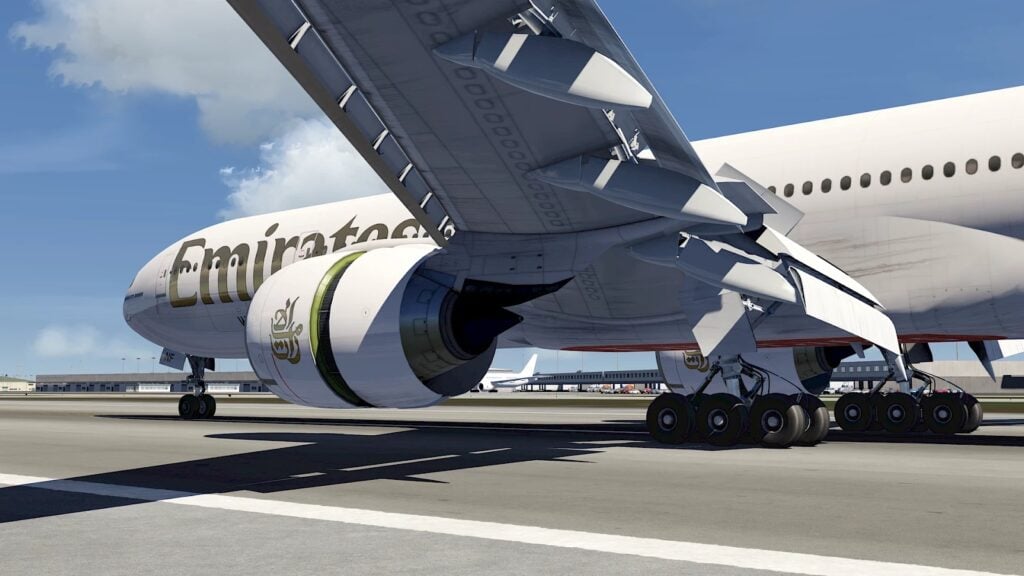
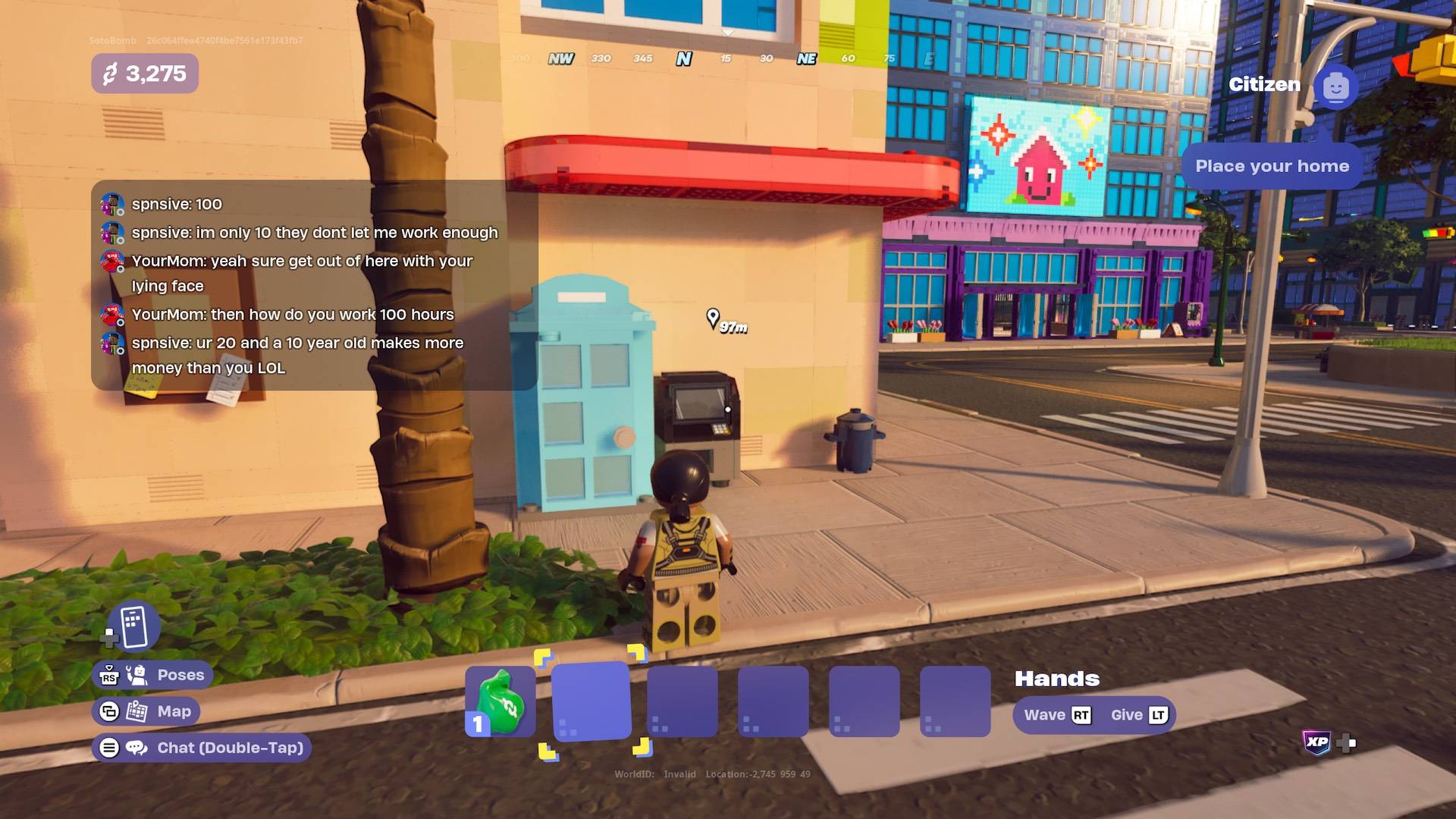
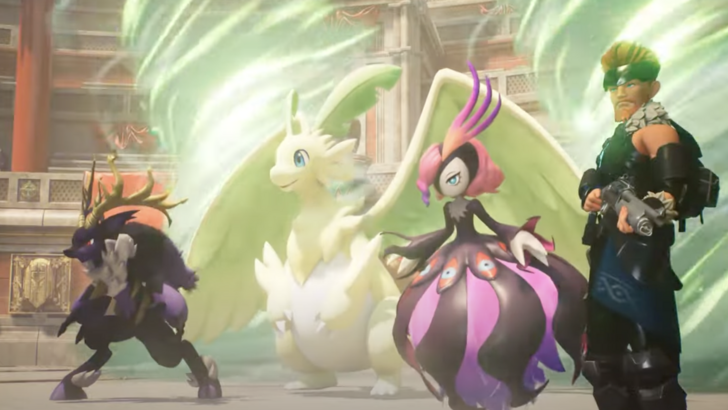





 Latest Games
Latest Games
